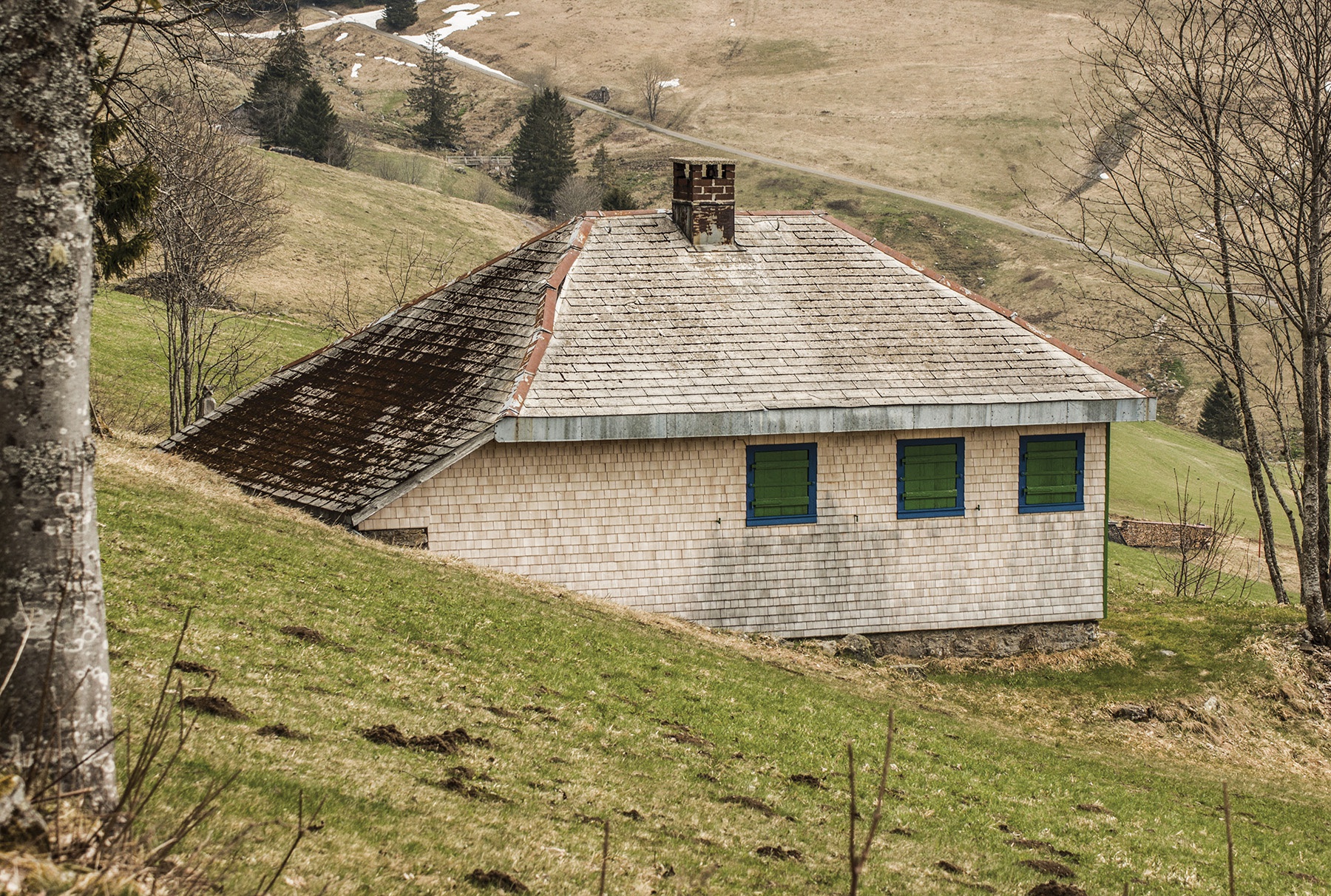In what follows we shall try to think about quarantine and Covid-19. This thinking does not presume to offer medical advice, still less to pronounce on the strife between freedom and social distancing. This venture in thought does not view the quarantine as a mere means to slow the spread of the virus; rather it seeks to understand the unconcealing of quarantining from out of the virusing of the Virus. We ask:
What is it to quarantine?
How does Covid-19 belong to quarantining?
Quarantine is not an old word – though it is much older than lockdown, which in the destining of its erring was uprooted from from its original home in the prison system to challenge schools and now society as a whole. In quarantine we immediately hear the quaranta giorni of Venice during the Plague Years. Still more forcefully sounded is the Latin quadraginta and the even more primordial quattuor. The English “forty,” and even “four,” technologically enframed and dimmed-down, no longer preserve the four-fold of Earth, Sky, Gods, and Mortals that was once named feower. How much more distant from Being, then, is the quarantine of today.
In order to safeguard what was originally granted, we will spell the word as it appeared in Middle English, as quarantyne – always remembering to think this as the qua-ran-tyning of that which is quarantyned.
In quarantyning, what can mortals do but bring quarantyning to the fullness of its Being?
Quarantyne says that we are quartered in the tyne, the Turm or tower. Quarantyne thus gathers us around the man of the tower: the poet Friedrich Hölderlin, who tells us in “Patmos” how he was summoned to grasp that “where the danger is, there too grows the saving power.” The quarantyne is what summons. As the summoned, man is called to qua-ran-tyning, and as man, he is delivered over to the gods as mortal. “Mortal,” here, means “at risk for Covid-19” – but as being-towards-Covid-19, thought from out of Being and Time as being-towards a future that, on the one hand, will never arrive (we hope) but, on the other, has always already done so (we fear).
To be sure, we still venture on the holzewege – but with care, ever-mindful. We wave to the peasants from a safe distance as, slow of step, well-masked, we find ourselves returning to the hut.
M. Heidegger
3 August 2020
Tag 140 in der Hütte mit Elfride
Baden



Very interesting, Professor Heidegger. I had no idea that you were still writing, especially impressive given that you were born in 1889. Does this little piece, posted and presumably translated by Professor Dolan, signal a turn toward self-parody? If so, does it suggest a discovery of “humor” as a way of thinking? I offer my deepest admiration of your longevity and your persistence in the task of thinking.
PS
Given the remoteness of your hut, it would no doubt be safe to open your shutters. But we must all shelter, distance, and mask in our own way.